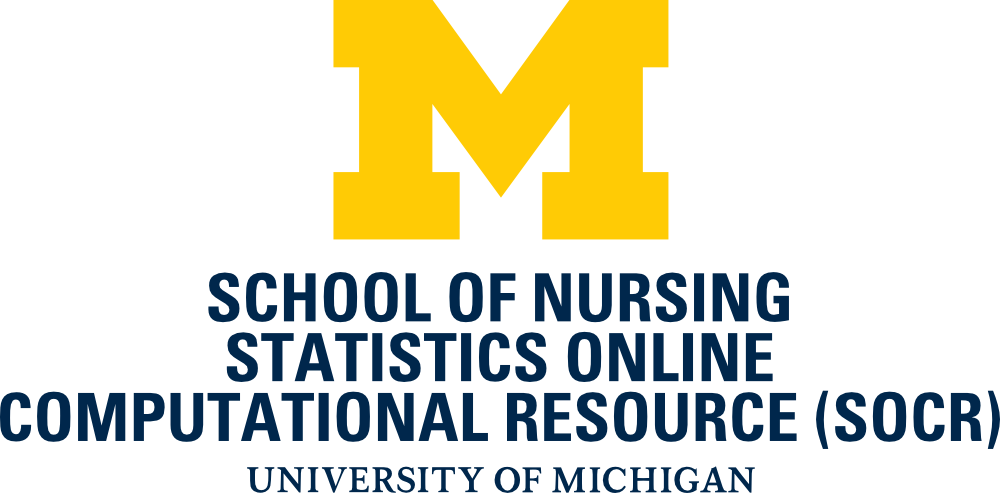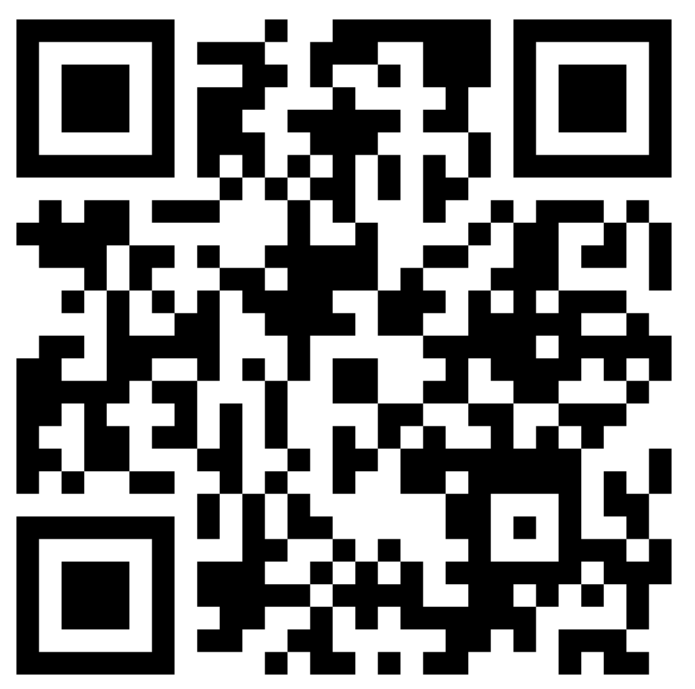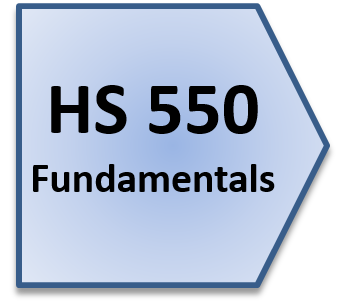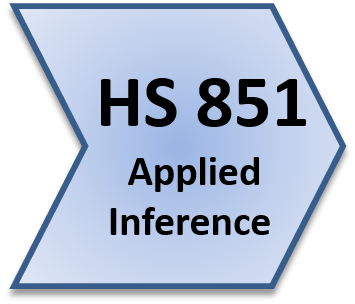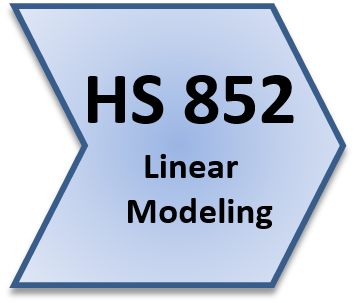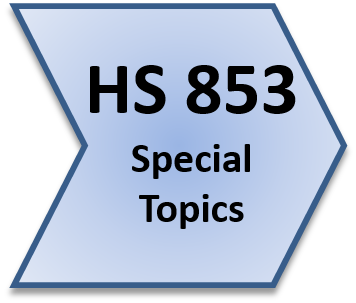Prerequisites
Quantitative General Elective course in past 4 years (examples include, but are not limited to mathematics, statistics, quantitative methods classes).
Course Description
This course provides students with an introduction to
probability reasoning and statistical inference. Students will learn
theoretical concepts and apply analytic skills for collecting, managing,
modeling, processing, interpreting and visualizing (mostly univariate) data.
Students will learn the basic probability modeling and statistical analysis
methods and acquire knowledge to read recently published health research
publications. HS550 is a 4 credit hour course (3 lectures + 1 lab/discussion).
Objectives
Students will learn how to:
- Apply data management strategies to sample data files
- Carry out statistical tests to answer common healthcare research questions using appropriate methods and software tools
- Understand the core analytical data modeling techniques and their appropriate use
Examples of Topics Covered
- EDA/Charts
- Ubiquitous variation
- Parametric inference
- Probability Theory
- Odds Ratio/Relative Risk
- Distributions
- Exploratory data analysis
- Resampling/Simulation
- Design of Experiments
- Intro to Epidemiology
- Estimation
- Hypothesis testing
- Experiments vs. Observational studies
- Data management (tables, streams, cloud, warehouses, DBs, arrays, binary, ASCII, handling, mechanics)
- Power, sample-size, effect-size, sensitivity, specificity
- Bias/Precision
- Association vs. Causality
- Rate-of-change
- Clinical vs. Stat significance
- Statistical Independence Bayesian Rule
Teaching and Learning Methods
This course meets four times on campus however,
as necessary, blended instructional techniques will be employed to accommodate
student and program constrains. Synchronous web-streaming of lectures/labs and
asynchronous virtual office hour forums will be supported. Assignments will be
announced on the web and will be electronically collected, graded and recorded.
A variety of teaching methods will be used including lecture, Journal Club,
discussion, small group work, and guest presentation.
Assignments and Evaluation Methods
- 40% Homework Projects
- 30% Midterm Exam
- 30% Final Paper
